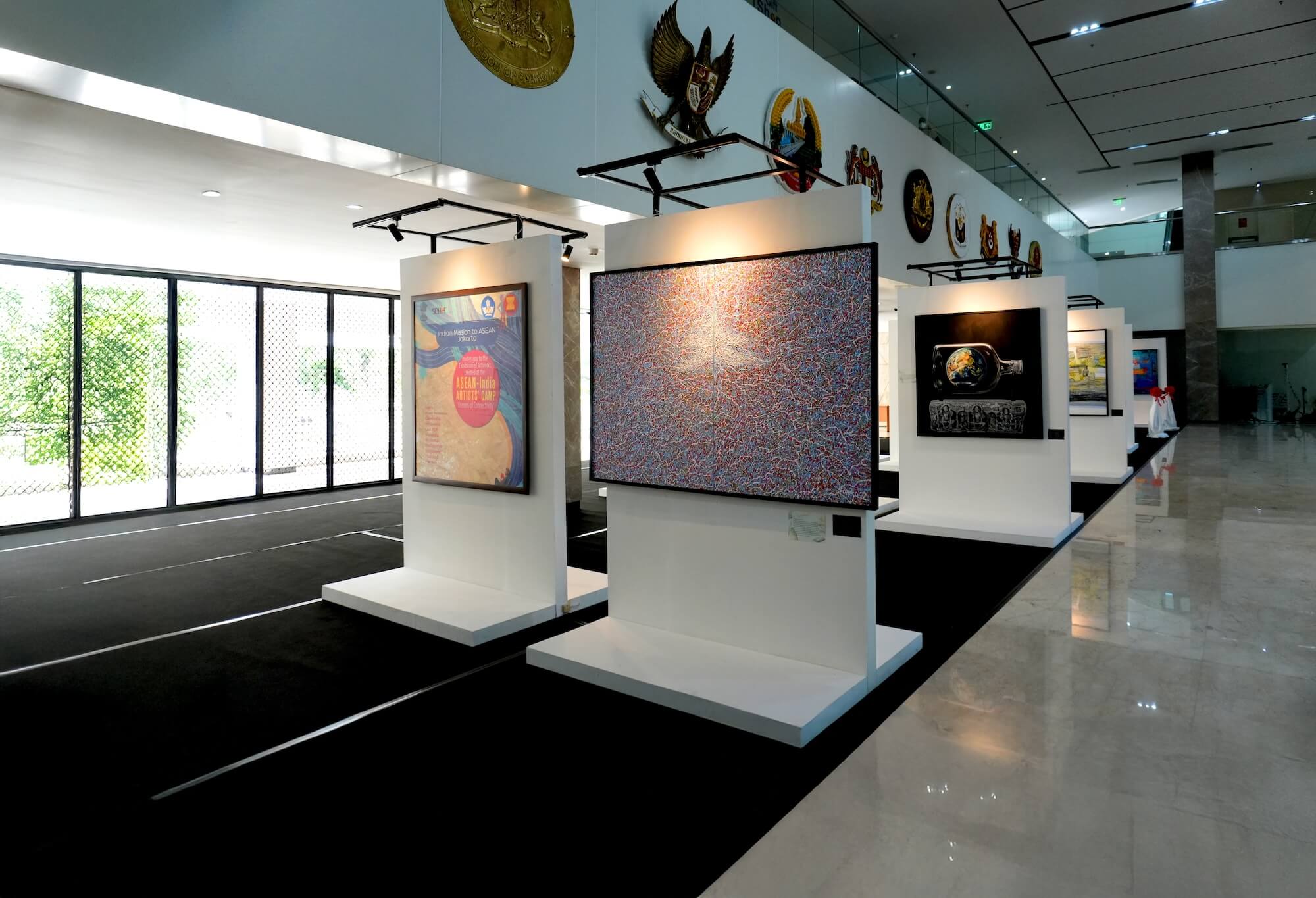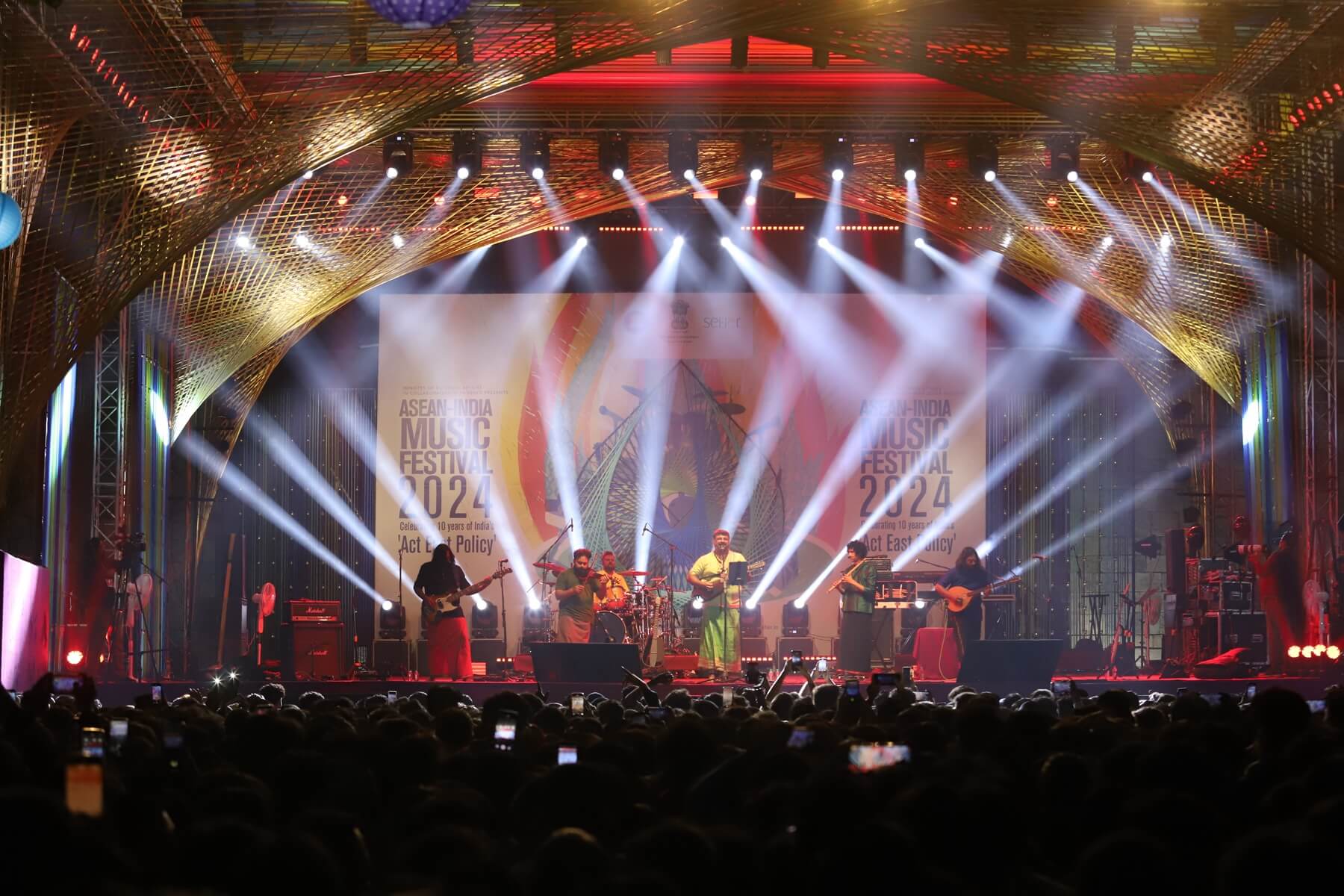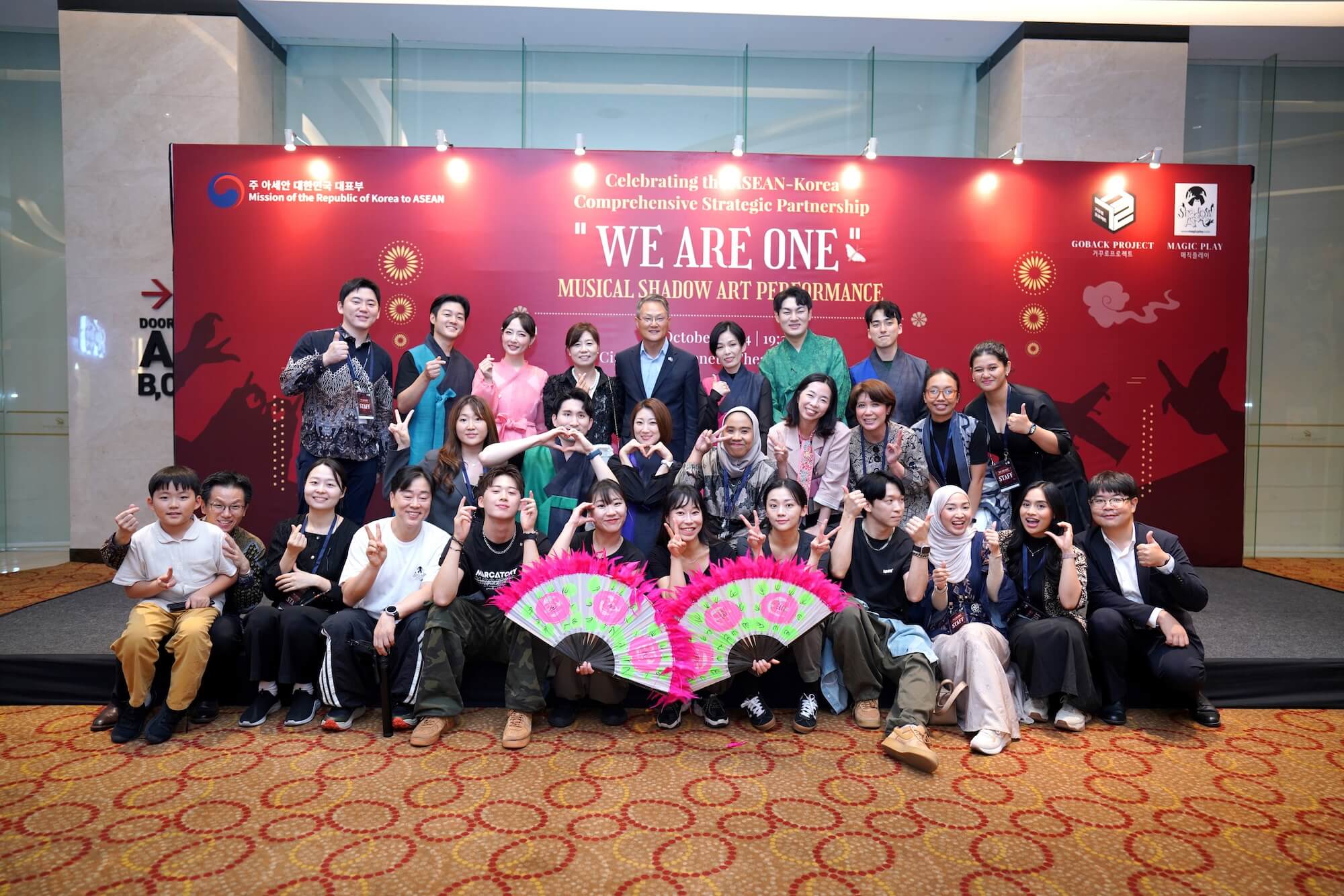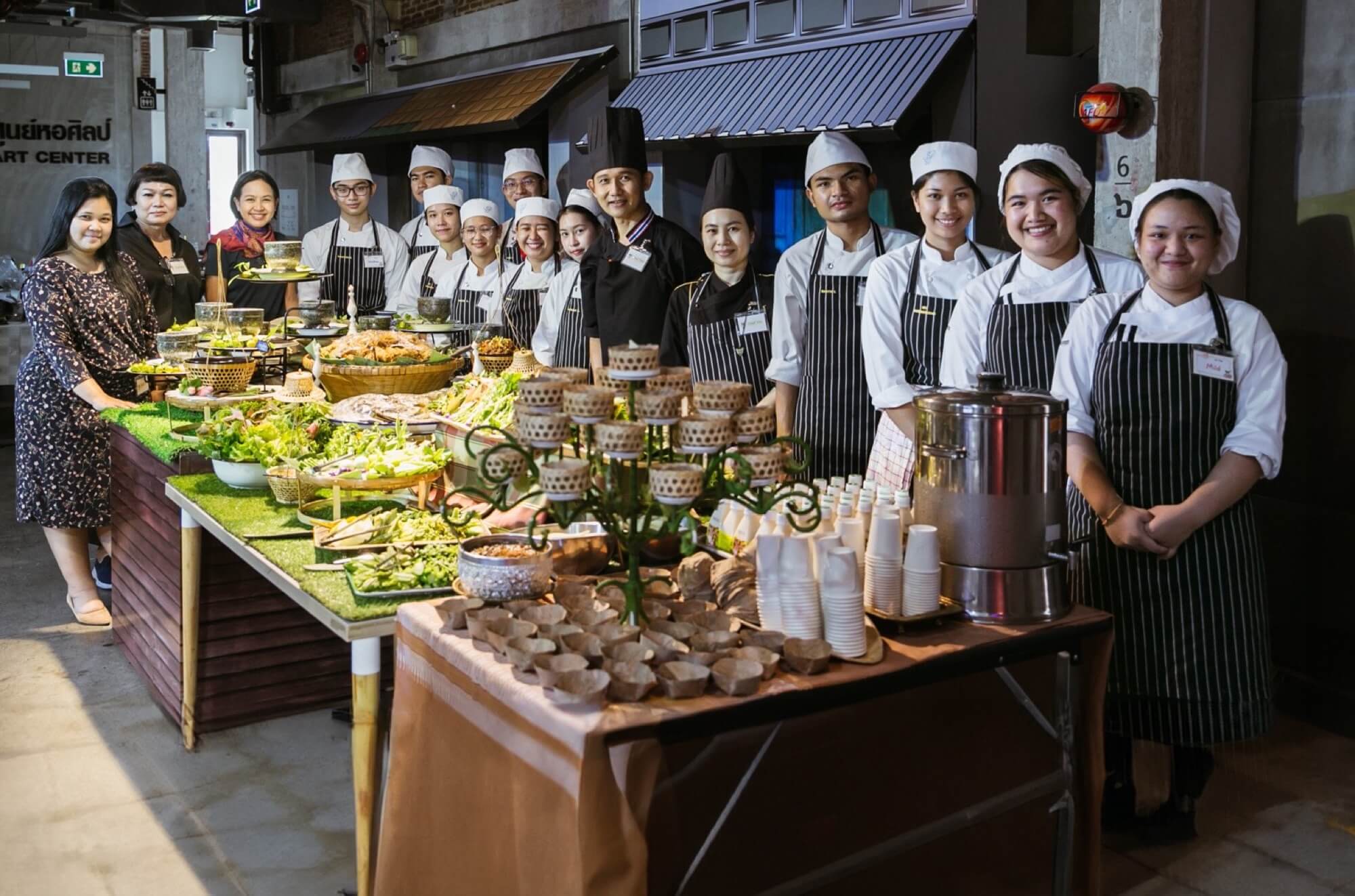




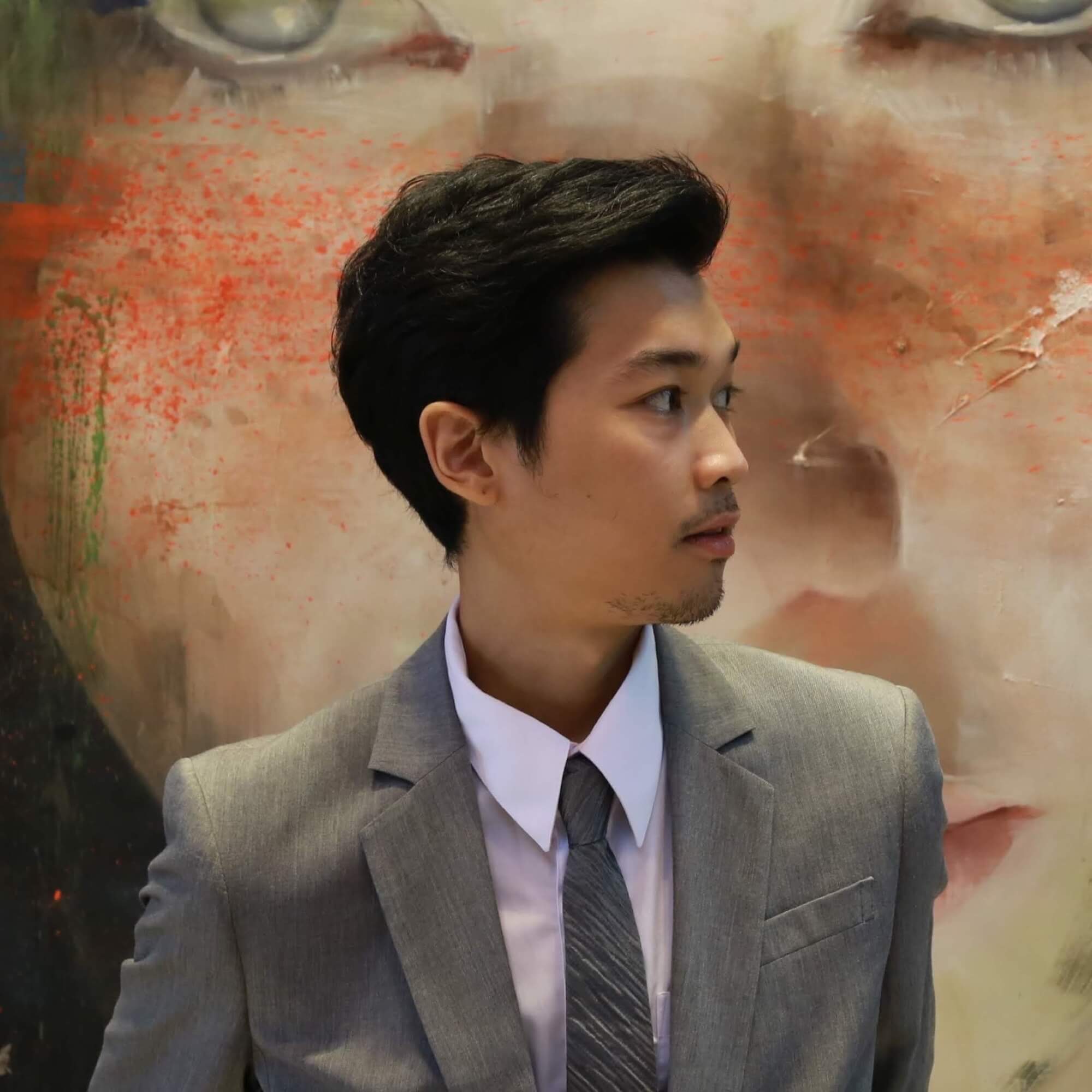
The ASEAN Cultural Center is Southeast Asia’s first ASEAN cultural learning centre on ASEAN in the heart of Bangkok’s historic and culturally rich district. Established under the auspices of Thailand’s Ministry of Culture, the ASEAN Cultural Center occupies the third floor of the Ratchadamnoen Contemporary Art Center. Since its official opening on 7 August 2015, the ASEAN Cultural Center has served as a regional hub for fostering understanding and appreciation of ASEAN’s shared cultural heritage. Its meticulously curated exhibitions, which span 900 square meters, showcase the region’s rich history, vibrant traditions, and diverse cultural expressions.
One of the most popular exhibitions at the ASEAN Cultural Center is “ASEAN Street Food,” which takes visitors on a culinary journey through the region’s vibrant street food scene. Through holographic technology, visitors can gain insights into the history, ingredients, and preparation methods of iconic street food dishes from across ASEAN. From lort cha in Cambodia to satay in Indonesia and larb in the Lao PDR, the exhibition brings these culinary treasures to life, immersing visitors in the rich tapestry of flavours and traditions that define ASEAN street food.
In addition to the interactive exhibits, the ASEAN Cultural Center, through its captivating exhibitions and enriching cultural events, plays a pivotal role in safeguarding and promoting this culinary tapestry, ensuring that future generations can continue to cherish the unique flavours and traditions that make ASEAN cuisine truly exceptional.
Visitors consistently express a keen interest in participating in the culinary culture activities organised by the ASEAN Cultural Center.
The ASEAN Day activities, held annually on different themes, are a prime example of this enthusiasm. These events, commemorating the establishment of the ASEAN on 8 August 1967 and the opening of the ASEAN Cultural Center on 7 August 2015, provide a platform for cultural exchange and celebration.
In 2019, the ASEAN Cultural Center organised an event titled “Coconut, the Great Ingredient of ASEAN” to highlight the versatility and significance of coconut, an economically valuable plant and a staple ingredient in both savoury and sweet dishes across ASEAN cuisines. During the event, the ASEAN Member States’ embassies in Thailand showcased various coconut-based dishes from their respective countries. The Philippines presented Bicol express, a hearty dish featuring sweet and spicy chicken cooked in coconut milk. Viet Nam delighted visitors with its popular desserts, including young coconut sago and red bean plum with coconut milk, while Indonesia presented dadar gulung, Indonesian-style coconut pancakes.
In 2020, to commemorate the Year of ASEAN Identity, the ASEAN Cultural Center organised activities to showcase the distinctive culinary traditions of ASEAN. Participants had the opportunity to witness and savour a selection of outstanding dishes prepared by the Embassies of ASEAN countries in Thailand. These dishes included nasi lemak from Malaysia, adobo from the Philippines, and Singapore chili crab from Singapore. In addition to sampling these culinary delights, honourable representatives from the Embassies of ASEAN Member States and visitors also had the opportunity to participate in a cooking demonstration of tom yum kung (spicy coconut shrimp soup). This renowned Thai dish is currently under consideration for UNESCO Intangible Heritage status. Through these activities, the ASEAN Cultural Center effectively highlighted the diverse and vibrant culinary landscape of ASEAN, fostering a deeper appreciation for the region’s unique flavours, traditions, and culinary heritage.

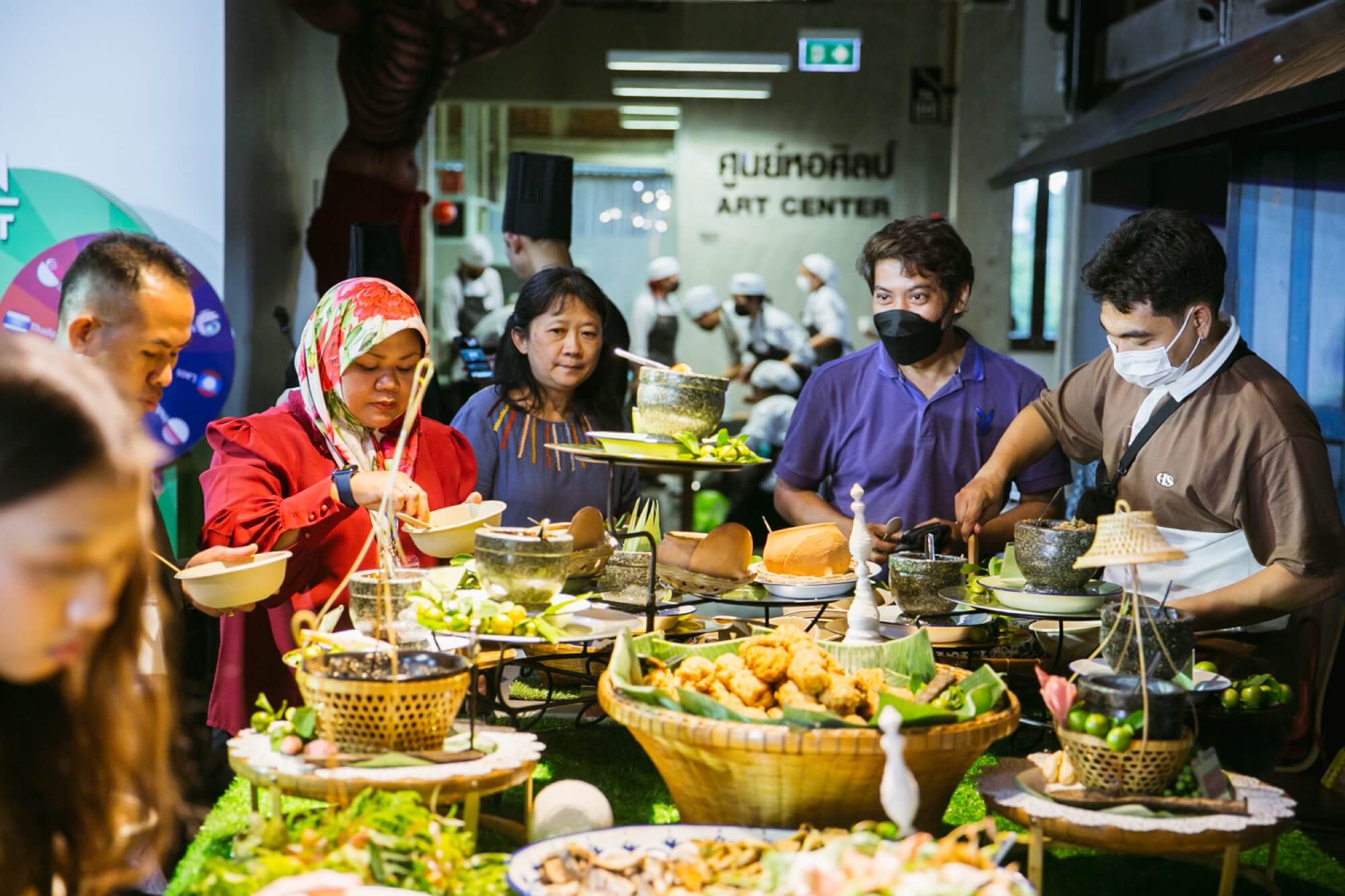
In 2023, the Center continued its initiatives with a project titled “Empowering MSMEs in ASEAN Gastronomic Business”. The participants comprised representatives from MSMEs across 10 ASEAN Member States, including food entrepreneurs, chefs, and successful local business owners. During the conference, the delegates engaged in knowledge exchange sessions, sharing individual experiences in fostering creativity within the region’s food industry. They gained insights from discussions on key success factors, development guidelines, and strategies for overcoming challenges and obstacles faced in ASEAN gastronomic businesses. The project culminated in an exhibition titled “Creative City of Gastronomy in ASEAN” where participants engaged in collaborative cooking.
Additionally, several supplementary culinary activities were organised to commemorate various events. For instance, the ASEAN Creative Cities 2021 highlighted the value of creative cities in ASEAN that UNESCO selected to join the Creative Cities Network in 2021. Phetchaburi Province in Thailand and Kuching City in Malaysia were recognised as ASEAN Creative Cities of Gastronomy, while Jakarta, Indonesia, was designated a Creative City of Literature. The event featured exhibitions, keynote speeches about all three cities, and a cooking demonstration by a guest speaker from Phetchaburi, Creative Cities of Gastronomy. These activities showcased ASEAN’s rich culinary heritage and cultural diversity, fostering a deeper appreciation for the region’s unique gastronomic offerings.
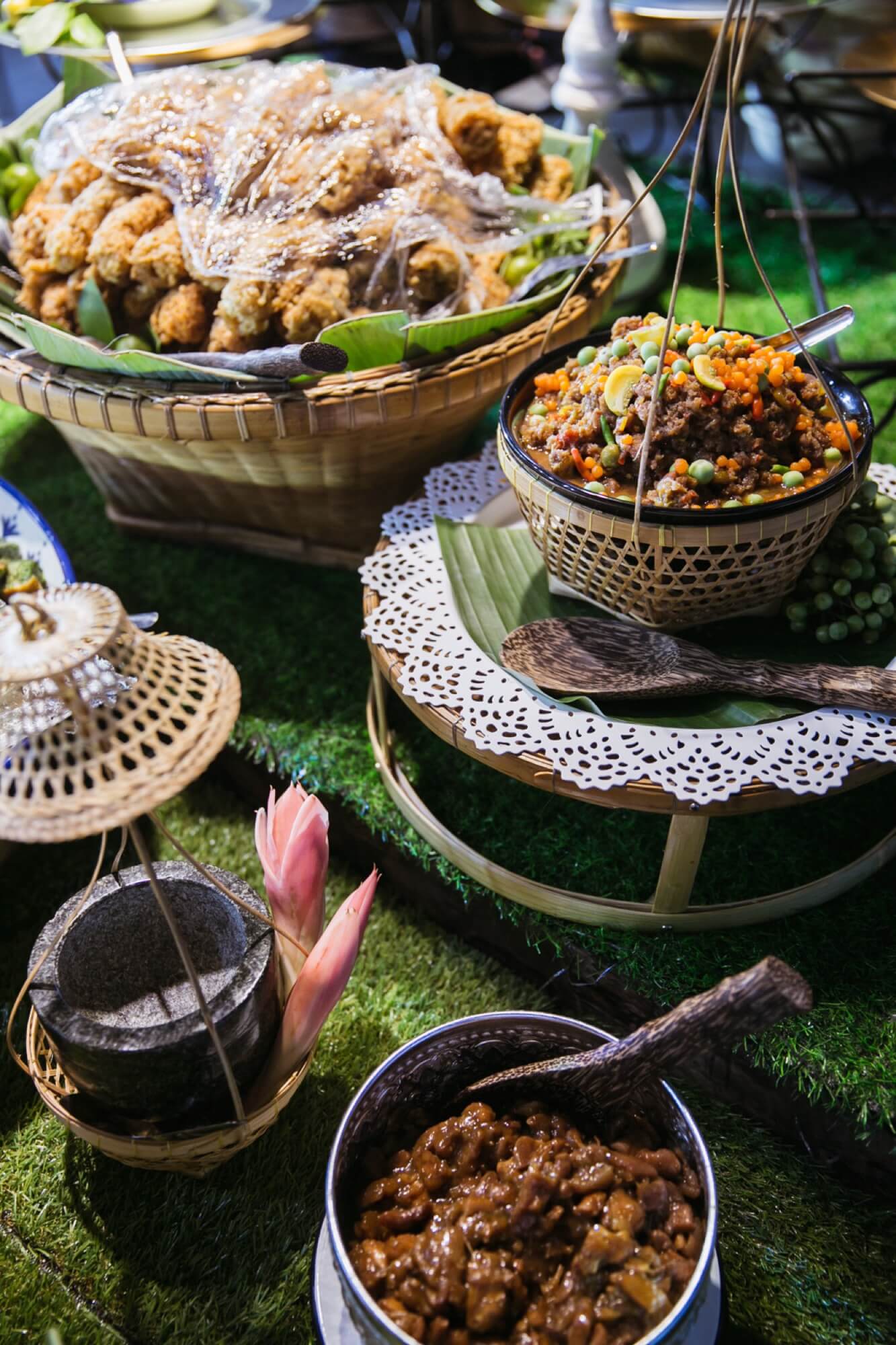
Furthermore, throughout 2022- 2023, the ASEAN Cultural Center in Bangkok hosted the “The ASEAN Community in Rattanakosin Period” event as part of the Rattanakosin establishment commemoration. This event aimed to disseminate knowledge about the settlement of traditional ASEAN communities in Bangkok, comprising six ethnic groups: Khmer, Vietnamese, Myanmar, Mon, Muslim, and Lao. The activities included exhibitions, knowledge exchange and keynote presentations, cultural illustrations and demonstrations, and video media tracing Bangkok’s traditional ASEAN community tourism routes. Additionally, experts specialising in gastronomy and ASEAN ethnic culture presented their insights. Participants also had the opportunity to visit shops and savour authentic flavours—such as pak krim pla from the Yuan community, chicken massaman from the Muslim community, samosa from the Myanmar community, khao chae or rice-soaked infused flower water from the Mon community—and embark on walking tours through these communities to explore their distinct yet unique ways of life. By immersing participants in the actual community spaces, they gained first hand exposure to the preservation and evidence of traditional architecture, exceptional cultural art, lifestyle, and unique culinary techniques, particularly evident in the Samsen area in Bangkok, Thailand, which is home to the Vietnamese community.
The ASEAN Cultural Center and its initiatives to promote ASEAN’s diverse cultures effectively promote a better understanding of ASEAN’s diverse, yet unified culture. These efforts are made evident to the centre’s global visitors, fostering a network of regional collaborators for robust future activity implementation and cooperation. This will play a crucial role in leveraging culture as a tool to propel the ASEAN economy forward, both regionally and globally. Ultimately, the ASEAN Cultural Center will remain committed to serving as a hub for knowledge and information dissemination, fostering collaboration, exchange, learning, and building collaborative ASEAN cooperation in all spheres.
Note: The Ministry of Culture of Thailand established the ASEAN Cultural Center in 2015. The Center welcomes everyone to engage, comment, provide suggestions, and follow ASEAN cultural narratives through its Facebook Fan Page and Instagram account @aseanculturalcenter





